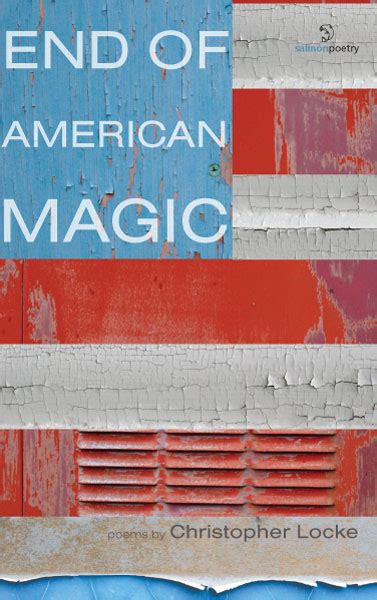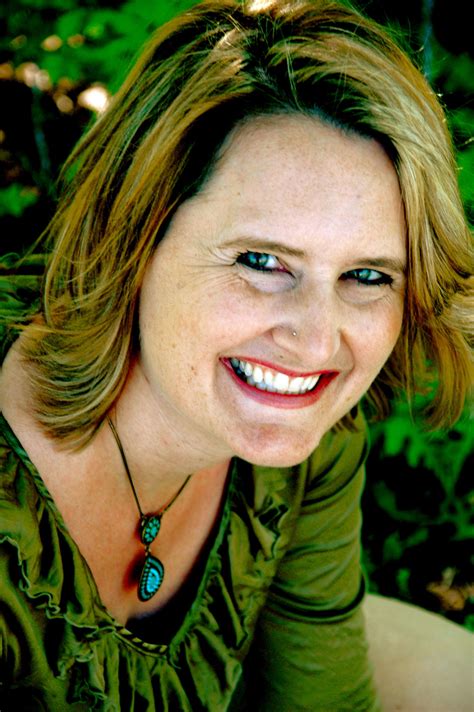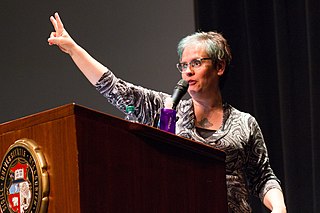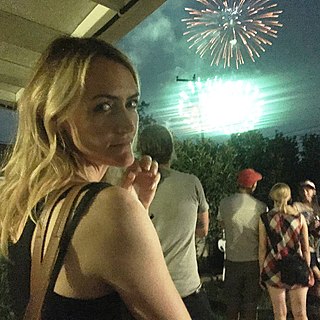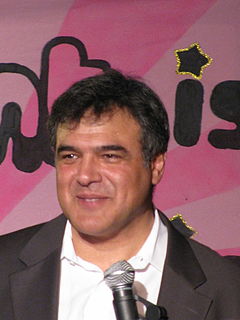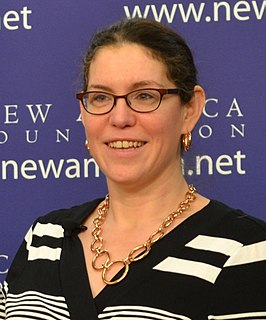A Quote by Christopher Locke
WE DIE. You will never hear those words spoken in a television ad. Yet this central fact of human existence colors our world and how we perceive ourselves within it.
Related Quotes
How do we define, how do we describe, how do we explain and/or understand ourselves? What sort of creatures do we take ourselves to be? What are we? Who are we? Why are we? How do we come to be what or who we are or take ourselves to be? How do we give an account of ourselves? How do we account for ourselves, our actions, interactions, transactions (praxis), our biologic processes? Our specific human existence?
That the world is not the embodiment of an eternal rationality can be conclusively proved by the fact that the piece of the worldthat we know--I mean our human reason--is not so very rational. And if it is not eternally and completely wise and rational, then the rest of the world will not be either; here the conclusion a minori ad majus, a parte ad totum applies, and does so with decisive force.
Switch on the television or glance at the newspaper: You will see death everywhere. Yet, did the victims of those plane crashes and car accidents expect to die? They took life for granted, as we do. How often do we hear stories of people whom we know, or even friends, who died unexpectedly? We don't even have to be ill to die: Our bodies can suddenly break down and go out of order, just like our cars. We can be quite well one day, then fall sick and die the next.
People act as if the internet will never die, that the Cloud will never die. In the face of that, much of human civilization, including our human bodies, seem so defective and mortal and constantly fading. Our lifespan is 80 years, 90 years if we're lucky, and that's a drop in the bucket compared to how long we think the internet will live.
You were born into a state of grace. It is impossible for you to leave it. You will die in a state of grace whether or not special words are spoken for you, or water or oil is poured upon your head. You share this blessing with the animals and all other living things. You cannot fall out of grace, nor can it be taken from you. You can ignore it. You can hold beliefs that blind you to its existence. You will still be graced but unable to perceive you own uniqueness and integrity, and blind also to other attributes with which you are automatically gifted.
We talk to ourselves incessantly about our world. In fact we maintain our world with our internal talk. And whenever we finish talking to ourselves about ourselves and our world, the world is always as it should be. We renew it, we rekindle it with life, we uphold it with our internal talk. Not only that, but we also choose our paths as we talk to ourselves. Thus we repeat the same choices over and over until the day we die, because we keep on repeating the same internal talk over and over until the day we die. A warrior is aware of this and strives to stop his internal talk.
If I perceive in another person mainly the surface, I perceive mainly the differences,that which separates us. If I penetrate to the core, i perceive our identity, the fact of our brotherhood. This relatedness from center to center - instead of that from periphery to periphery - is 'central relatedness'.
